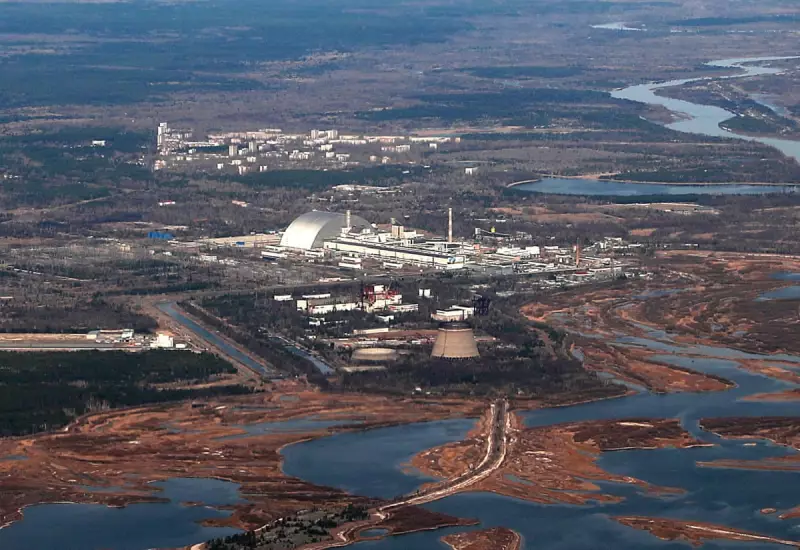
Ukrainian President Volodymyr Zelenskyy has issued a stark warning to the international community, declaring that a calculated attack severing power supplies to the decommissioned Chornobyl nuclear plant represents a direct threat to global security.
Emergency Systems Activated at Radioactive Site
The assault on energy infrastructure has forced the contaminated facility to rely entirely on emergency diesel generators, creating what Zelenskyy described as an "extremely dangerous" situation. The Ukrainian leader emphasised that this was not an accidental disruption but a premeditated military action with potentially catastrophic consequences.
International Community Urged to Intervene
In his nightly address, Zelenskyy appealed directly to world leaders, stating: "This is a matter of nuclear safety that affects not just Ukraine, but every nation in Europe and beyond." He stressed that the international community must recognise the severity of targeting nuclear facilities and respond accordingly.
The situation echoes grave concerns from the early stages of the conflict when Russian forces initially occupied the Chornobyl site, raising alarms about potential radiation leaks and the safety of nuclear waste storage facilities.
Critical Power Dependency
The crippled plant, site of the world's worst nuclear disaster in 1986, requires constant electricity to maintain vital safety systems including:
- Cooling pools for spent nuclear fuel
- Radiation monitoring equipment
- Ventilation systems for contaminated areas
- Security and surveillance operations
With mains power severed, the facility now depends on backup generators with limited fuel supplies, creating a race against time to restore stable electricity before emergency systems fail.
Historical Context of Nuclear Threats
This latest development represents the most serious nuclear safety incident since Russian forces shelled and temporarily occupied Europe's largest nuclear power plant in Zaporizhzhia earlier in the conflict. The pattern of targeting nuclear infrastructure has raised alarm among international watchdogs and environmental organisations worldwide.
As diesel generators hum to life at one of the world's most notorious nuclear sites, the international community faces renewed questions about protecting civilian nuclear facilities during armed conflict and preventing what could become a catastrophe without borders.





